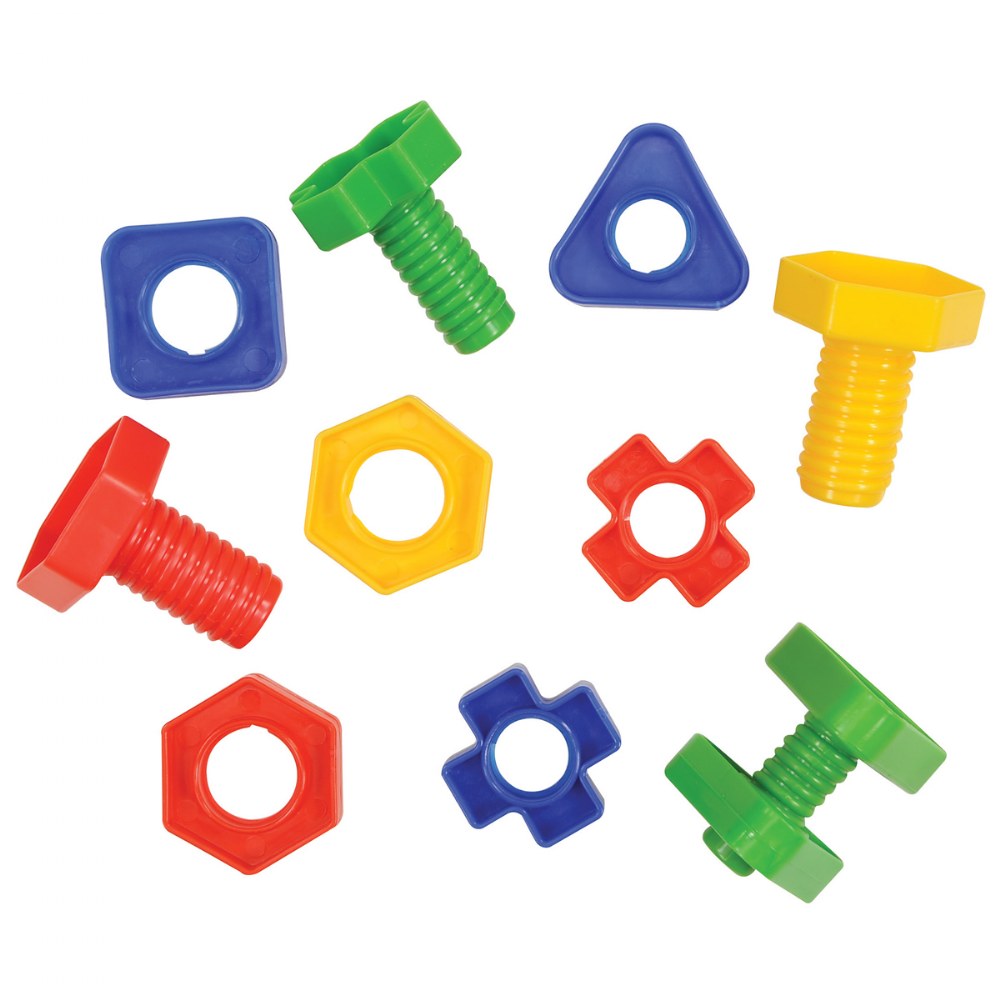Nuts and Screws in Everyday Life: More Than You Think

When think on the components that hold our society together, fasteners might not be the initial things that come to thought. However, these basic but vital components play a critical role in a variety of applications, from the items we use to the transportation we operate. Grasping the variety and functionality of nuts and bolts can greatly enhance our ability to tackle DIY projects, participate in home improvement tasks, or even carry out routine automotive repairs.
In this thorough guide, we will explore the numerous types of nuts and bolts available, delving into their specific uses and benefits. If you are a seasoned builder or a curious novice, this resource aims to equip you with the information you need to choose the suitable fasteners for your tasks. Let’s delve into the fascinating world of nuts and bolts and uncover how these modest components are more important in our everyday lives than we might think.
Comprehending Fasteners and Fasteners
Fasteners and bolts are essential components used widely in diverse applications, spanning routine domestic projects as well as manufacturing uses. A bolt is typically a extended rolled section of material with spirals running through its body, allowing it to enables it to be attached into a connector. The nut, typically hexagonal in structure, fits onto the spiraled tip of the bolt, establishing a stable link when secured. This basic yet effective mechanism is vital for connecting elements as a unit, guaranteeing stability and durability in a broad range of designs and tools.
Diverse types of nuts and bolts function specific purposes, and comprehending their individual characteristics can significantly improve your job efficacy. For case, hex bolts are often employed for ordinary construction, while carriage bolts are perfect for securing timber to timber or metal. Lag bolts are specially made for robust applications, often used in framing or anchoring applications. By selecting the suitable kind, you can boost the dependability of your structures and prevent likely failures.
Furthermore, the materials and coatings of fasteners and bolts are crucial considerations to think about. Stainless offers high rust resistance, thereby making it suitable for external uses, while bronze provides effective conductivity in electrical tasks. Zinc-plated and galvanized types are tailored to resist rust and deterioration, extending the duration of the connectors. Each choice adds to the overall strength and effectiveness of your joint, and knowing the distinctions can aid you decide on informed decisions as you tackle multiple tasks in your DIY or commercial tasks.
Types and Applications
When it comes to selecting fastening solutions for assignments, grasping the various categories of nuts and bolts and their designated functions is crucial. For example, hex bolts are among the most widely used fasteners in building, because of their adaptability and high sturdiness. They are ideal for fastening components in high-load applications, while carriage bolts have a rounded head and are usually used in timber projects. These variations allow for custom solutions based on the medium and demands of the job at hand.
In automotive repairs, certain types of nut fasteners and bolt fasteners are essential for ensuring safety and performance. Such as, flange nuts provide a greater bearing surface that distributes the load and lowers the risk of becoming loose, making them perfectly appropriate for vibrant environments existing in cars. Similarly, lock nuts are intended to stop self-loosening, adding an additional layer of safety to critical components of the automotive industry. Comprehending these distinctions helps professionals identify the correct fasteners for different applications.
For DIY home improvement projects, the choice between wood and metal fasteners can greatly influence the result. Wood screws often require specific screws that cater to the material's attributes, while metal projects are enhanced by more robust bolts with higher tensility. When planning a project, it’s crucial to take into account both the environment and engineering requirements, guaranteeing that the chosen nuts and bolts will work consistently over time. Familiarity with these types and functions not only improves assignment success but also encourages a more profound appreciation for these essential components in daily life.
Components and Specialty Fasteners
When choosing nuts and bolts, the materials they are made from play a key role in their efficacy and application. Metal fasteners offer strength and resilience, making them ideal for a wide variety of projects. For environments susceptible to corrosion, corrosion-resistant fasteners present a dependable choice due to their tolerance to oxidation and deterioration. Copper and titanium are also popular alternatives, each bringing distinct properties such as light applications and superb corrosion resistance, respectively. Understanding these materials helps guarantee the durability of your projects.
Specialty fasteners are designed for specific applications and can make a significant difference in performance. Tamper-proof nuts and bolts, for example, enhance security by preventing unauthorized access to assemblies. Nylon lock nuts are another unique option, providing extra friction to resist loosening over time, which is especially beneficial in vibration-prone environments. Knowing when to utilize https://output.jsbin.com/tequmawaxu/ specialized fasteners can assist optimize the effectiveness of your construction or repair work.
Other specialized fasteners include expanding bolts and anchor bolts, both essential for securing fixtures to various substrates. Expansion bolts expand once inserted, providing maximum holding power, making them suitable for heavy loads. Foundation bolts play a vital role in foundation work, providing stability and support for structures. By selecting the appropriate specialized fastener for your needs, you can improve the overall quality and safety of your projects.

